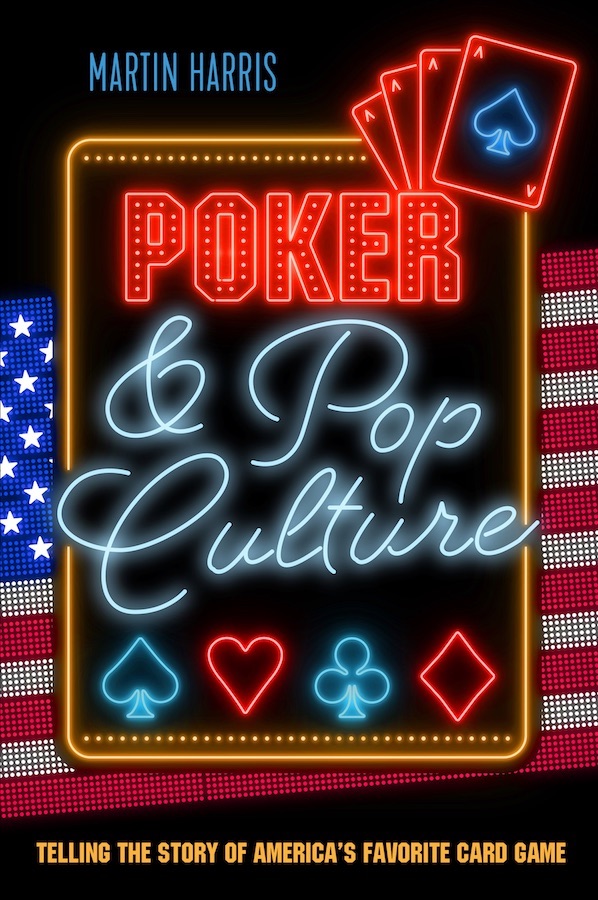Guessing Games
 As in past years, I’ve joined a pool this fall in which I’m attempting to pick winners of all NFL games. No picking against the spread in this one, just winners. Adds a little fun to the game watching, which I’m doing anyway.
As in past years, I’ve joined a pool this fall in which I’m attempting to pick winners of all NFL games. No picking against the spread in this one, just winners. Adds a little fun to the game watching, which I’m doing anyway. So far things have gone reasonably well and I’m tied for first in the pool, having accurately predicted 98 of 145 winners going into tonight’s game between the Minnesota Vikings and Green Bay Packers. Almost getting two out of every three correct, a decent rate comparatively speaking.
In fact, out of all the hundreds of thousands of folks picking games over in the ESPN Pigskin Pick ’em game, the absolute best of the bunch in picking the non-spread games has only gotten 109 of them right. Which I suppose shows that even the most skillful prognosticator can’t do much better than to pick winners in three of every four games.
I’ve written here before about how generally speaking I am not much of a sports bettor. I’ve placed a few bets here and there on games while in Vegas, but only rarely and never for more than a few bucks.
That said, I certainly appreciate how sports betting can involve genuine skill. Or at least knowledge. Because even just picking straight-up winners in NFL games requires at least some familiarity with the teams if one hopes to do better than what one might get by just randomly guessing. Or pursuing some idiosyncratic “system”.
The relative skill involved in sports betting actually came up in that response earlier this month by the U.S Department of Justice to the motion to dismiss the charges filed by Black Friday defendants John Campos and Chad Elie.
Was talking some about that in last Friday’s post -- how one of the arguments made by the defendants was to suggest poker didn’t fall under the heading of “illegal gambling” as defined in the Illegal Gambling Business Act or the Unlawful Internet Gambling Enforcement Act, and how the DOJ in its response has taken up the opportunity to clarify their position that yes, indeed, poker is illegal gambling.
In their motion to dismiss, the defendants argued that neither the IGBA nor UIGEA does an adequate job defining what “illegal gambling” is. They then go on to try to show how poker shouldn’t be considered such because it is unlike other gambling games in which “the bettor has no role in, or control over, the outcome.” (They make other points, of course, responding to more than just the charges for violating the IGBA and UIGEA.)
In response, the DOJ has pointed out that both the IGBA and UIGEA are meant to leave the business of defining “illegal gambling” to the states, not to come in and “federalize some kinds of gambling that are outlawed by states but not others.”
 The government’s response then discusses how even sports betting affords the bettor a “role in, or control over, the outcome.” We can’t control the games, obviously. But we can control how we bet on them, and our judgments there can involve skill (says the DOJ).
The government’s response then discusses how even sports betting affords the bettor a “role in, or control over, the outcome.” We can’t control the games, obviously. But we can control how we bet on them, and our judgments there can involve skill (says the DOJ). “Sports bettors have every opportunity to employ superior knowledge of the games, teams and the players involved in order to exploit odds that do not reflect the true likelihoods of the possible outcomes,” they argue. “Indeed, academics who have argued that poker should not be treated as a form of illegal gambling on the grounds that it is a ‘game of skill’ make the same argument with respect to sports betting. Ultimately, the outcome of the bets that poker players make on the cards, just like the outcome of the bets on sporting events [sic].”
I say “sic” because there’s obviously a verb missing in that last sentence. But you get the gist, I trust. The DOJ is conceding that sports betting can be considered to include an element of skill -- can even be regarded as a “game of skill” -- while at the same time thought of as gambling (or “illegal gambling”). And that poker can, too.
Later on the response the DOJ defends the UIGEA more specifically against charges of vagueness. Speaking of that phrase “game subject to chance” that appears in the UIGEA to help indicate what exactly “unlawful internet gambling” is, the response explains how an earlier draft of the UIGEA had phrased it “game predominantly subject to chance” (original emphasis), but the adverb was removed precisely to ensure that games like poker (which do involve some skill) would be covered.
In other words, pretty much any betting game you can think of that we can play online is going to be covered here, say the feds. That includes totally gambly ones, and the ones in which you do need some smarts to succeed long term. Any game in which there is at least some chance involved.
Oh, except for betting on horse racing. And fantasy sports. And lotteries. And other “educational games.” And whatever else the government decides is cool.
Like we can reasonably predict that.
Labels: *the rumble, Black Friday, gambling, law, sports betting, UIGEA













0 Comments:
Post a Comment
<< Home